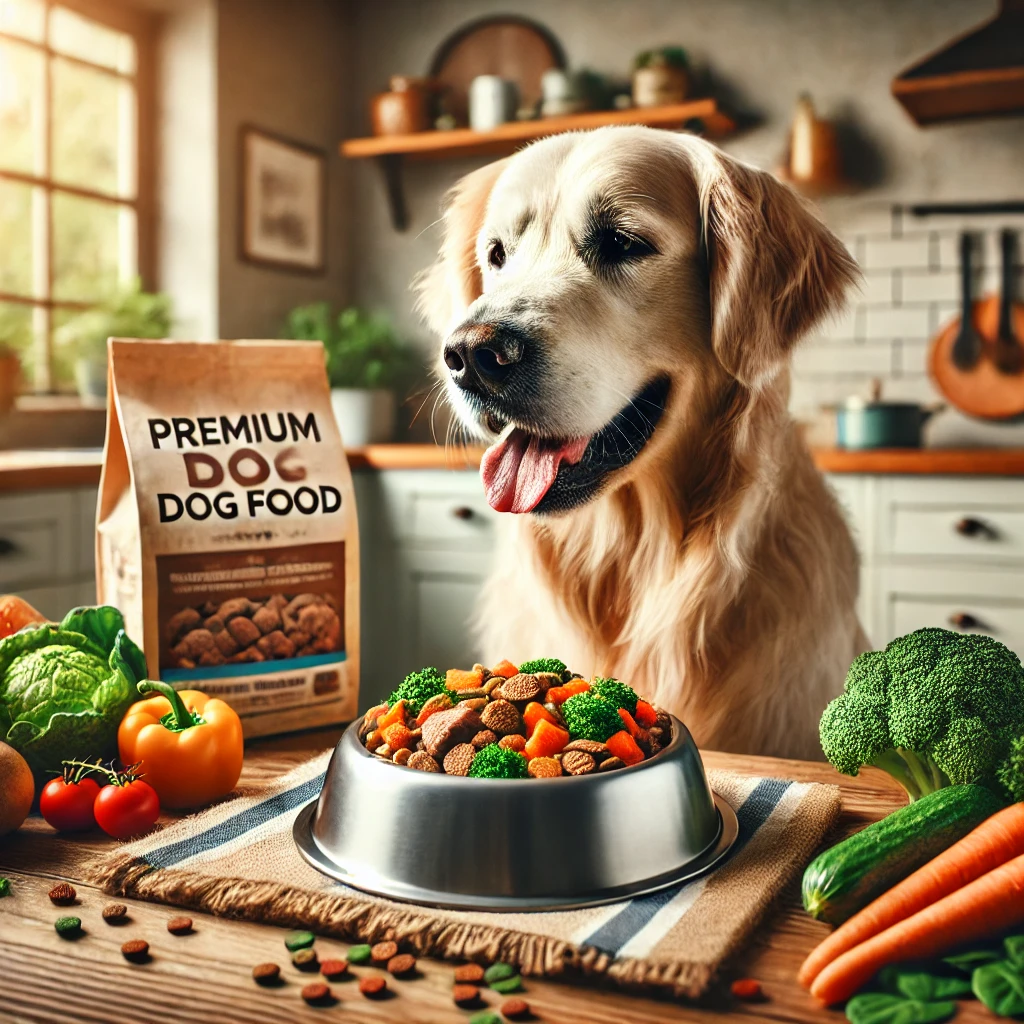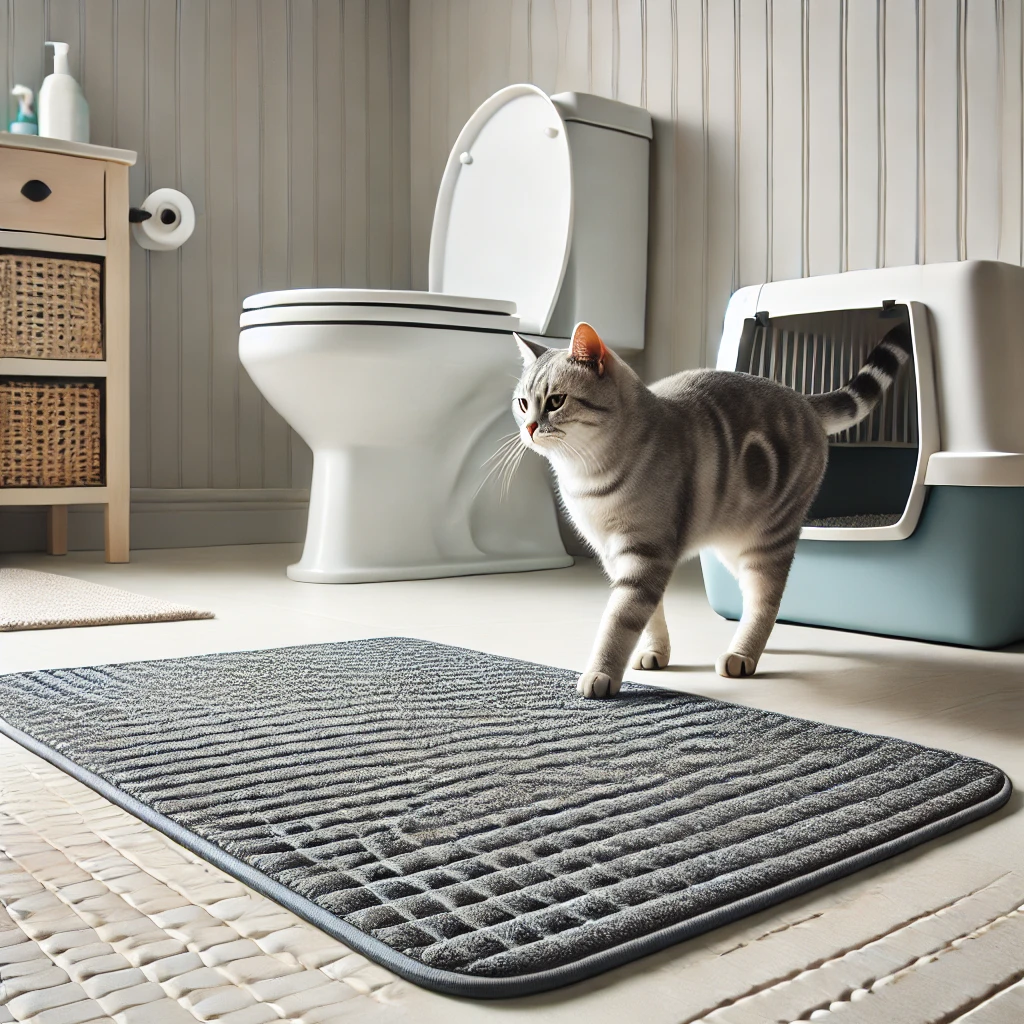Your dog’s diet affects every aspect of their life, from their energy levels to their skin and coat condition. High-quality dog food, like Lucy dog food, provides the essential nutrients dogs need to thrive. It’s not just about feeding your dog; it’s about feeding them well.
An improper diet can lead to a host of issues, including digestive problems, weight fluctuations, and even behavioral changes. Recognizing these issues early and making the necessary adjustments can significantly improve your dog’s quality of life.
Key Signs Your Dog Needs a Diet Change
Dogs are creatures of habit, but their dietary needs can evolve. Here are some clear signs that it may be time to rethink your dog’s food:
1. Weight Changes
Unexplained weight gain or loss is one of the most obvious signs of a dietary problem. If your dog is gaining weight, it might be because their food is too calorie-dense or lacks the right balance of nutrients. On the other hand, weight loss can indicate a lack of essential nutrients or underlying health issues.
2. Digestive Issues
Frequent vomiting, diarrhea, or constipation are red flags that your dog’s food may not be agreeable to them. Pay attention to their stools—persistent loose stools or overly hard ones suggest a dietary adjustment is needed.
3. Skin and Coat Problems
A healthy dog should have a shiny coat and smooth skin. If you notice excessive shedding, dryness, or itching, your diet might be lacking essential fatty acids or vitamins. Lucy dog food, known for its balanced formulation, could be a solution.
4. Low Energy Levels
If your dog seems lethargic or disinterested in activities they once loved, their food may need to be providing more energy. Dogs need a diet rich in high-quality proteins and fats to maintain their vitality.
5. Bad Breath or Dental Issues
Diet can impact oral health. If your dog has persistent bad breath or tartar buildup, their food might not be meeting their dental care needs.
6. Allergies or Sensitivities
Signs of food allergies can include itching, ear infections, or gastrointestinal distress. Switching to a hypoallergenic or limited-ingredient diet might be necessary.
How to Transition Your Dog to a New Diet
Changing your dog’s diet should be a gradual process to avoid upsetting their stomach. Here’s a step-by-step guide:
- Start Slowly
Begin by mixing a small amount of the new food with their current food. Gradually increase the proportion of the new food over 7–10 days. - Monitor for Reactions
Watch for any signs of discomfort, such as diarrhea or loss of appetite. If you notice issues, slow down the transition. - Stick to a Schedule
Feed your dog at consistent times each day. This routine helps with digestion and overall well-being. - Incorporate Rewards
Using low price dog toys as rewards during meal times can make the transition more enjoyable for your dog.
Choosing the Right Food for Your Dog
Selecting the best food for your dog can feel overwhelming with so many options on the market. Here’s how to make an informed choice:
1. Understand Your Dog’s Needs
Different breeds, ages, and activity levels require different nutritional profiles. Puppies, for instance, need more protein and calories compared to senior dogs.
2. Look for Quality Ingredients
High-quality dog food, like Lucy dog food, should list real meat as the first ingredient. Avoid foods with fillers, artificial preservatives, or by-products.
3. Consider Specialized Formulas
If your dog has specific health needs, such as allergies or a sensitive stomach, opt for specialized formulas. Limited-ingredient diets or grain-free options can be beneficial in such cases.
The Role of Toys and Activities in Overall Health
Diet isn’t the only factor in maintaining your dog’s health. Regular physical and mental stimulation are equally important. Incorporating low price dog toys into your routine can provide both entertainment and exercise for your pup.
1. Chew Toys for Dental Health
Chew toys can help reduce tartar buildup and keep your dog’s teeth clean.
2. Interactive Toys for Mental Stimulation
Toys that challenge your dog to solve puzzles or retrieve treats are great for keeping their minds sharp.
3. Outdoor Play for Exercise
Active toys, such as frisbees or balls, encourage physical activity and help maintain a healthy weight.
Final Thoughts: A Holistic Approach to Pet Care
Your dog’s diet is the foundation of their health, but it’s only one piece of the puzzle. Regular exercise, mental stimulation, and a loving environment all contribute to their overall well-being.
If you’ve noticed signs that your dog might need a diet change, act quickly. Start by consulting with your veterinarian to rule out underlying health issues. Then, consider transitioning to a high-quality option like Lucy dog food for balanced nutrition.
Pairing good nutrition with engaging activities and low price dog toys can ensure your furry friend lives a happy, healthy life. Your dog trusts you to make the best decisions for their care—so take the time to provide them with everything they need to thrive.
Would you like more recommendations on diet options or toys? Let us know!




